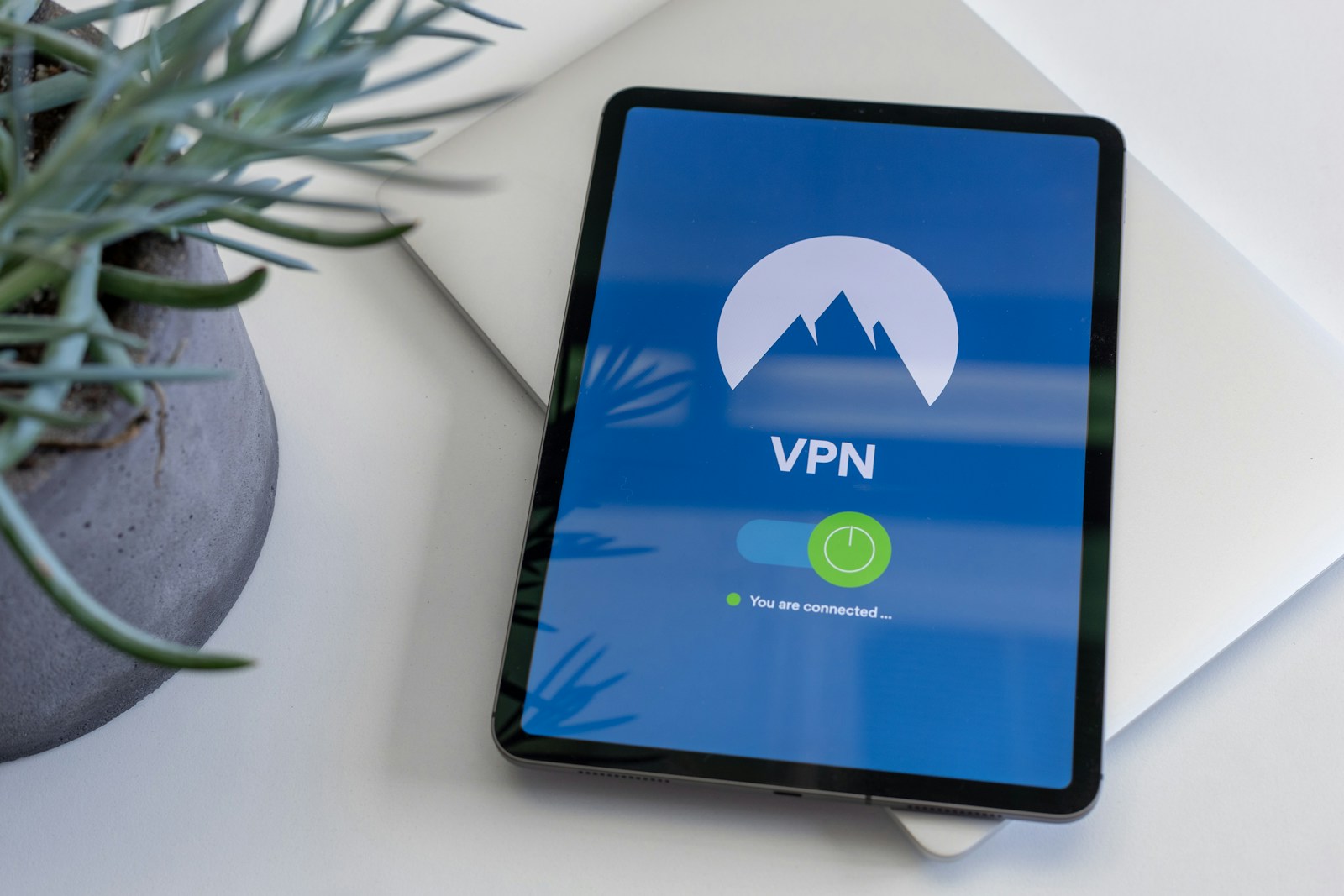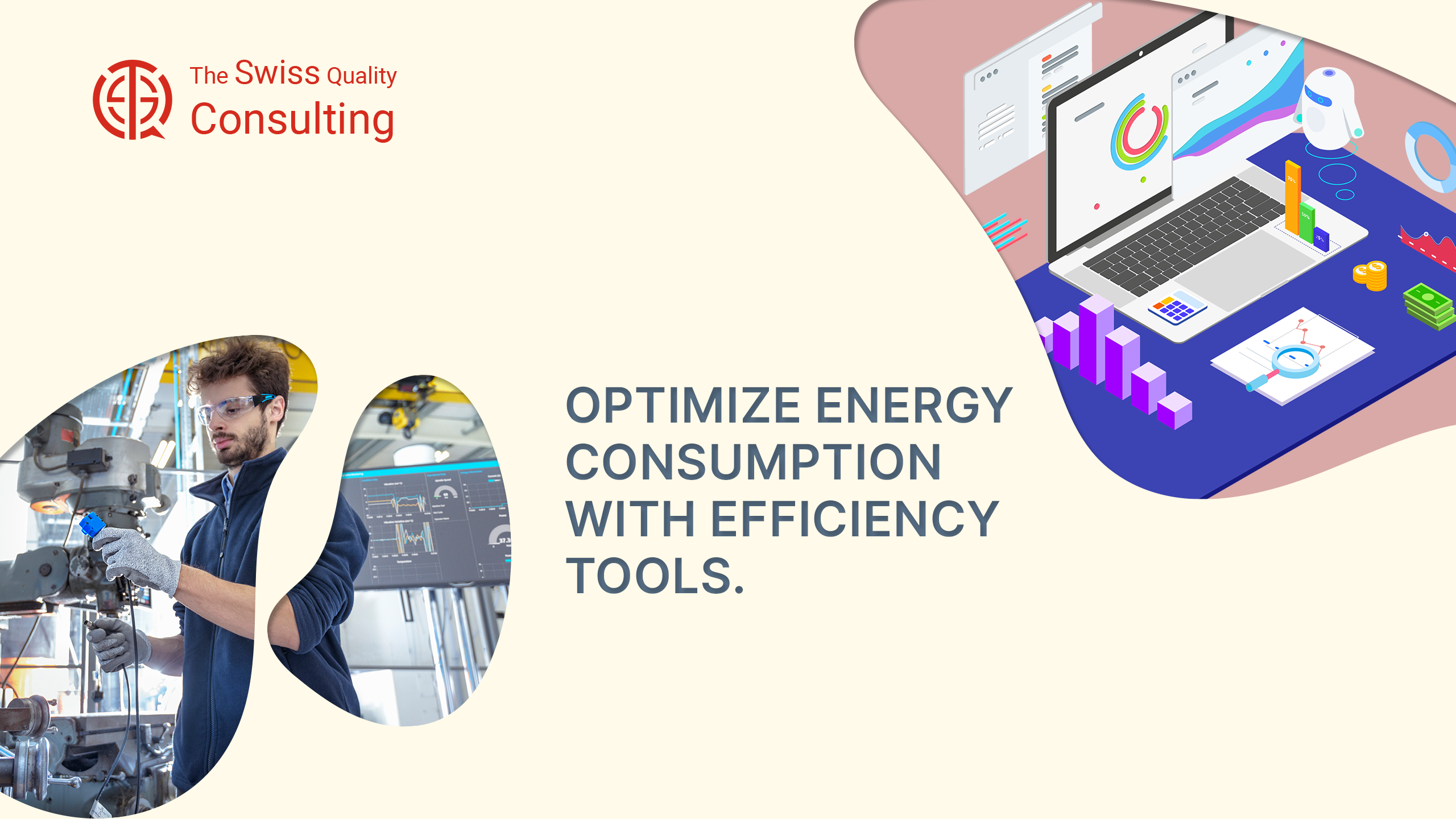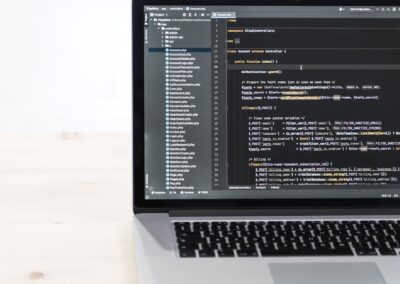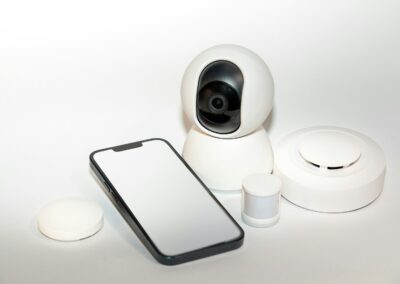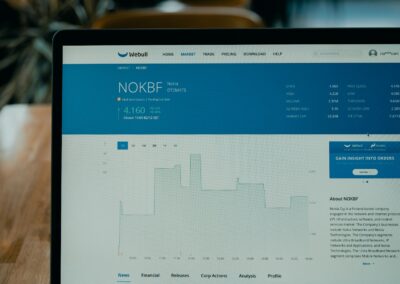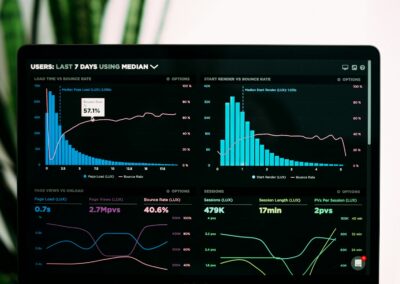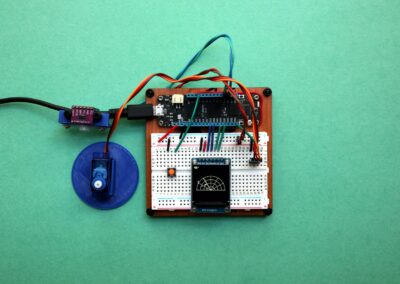Improving Efficiency and Reliability through Remote Device Management
Introduction to Remote Device Management in IoT
Remote device management in IoT is revolutionizing the efficiency and reliability of connected systems, especially in technologically advanced regions like Saudi Arabia and the UAE. The focus on smart cities in Riyadh and Dubai highlights the necessity of managing IoT devices remotely to maintain seamless operations. Remote management techniques allow businesses to monitor, configure, and update IoT devices without the need for physical intervention. This capability is essential for large-scale deployments where manual management would be impractical and costly.
Implementing remote device management involves using cloud-based platforms to oversee IoT devices. These platforms enable real-time monitoring and diagnostics, ensuring that potential issues are identified and addressed promptly. For example, in Dubai’s smart city initiatives, remote management tools are used to monitor traffic sensors, public lighting, and environmental sensors. By leveraging these tools, city managers can ensure that all devices function optimally, reducing downtime and enhancing overall system reliability. The ability to manage devices remotely also allows for quick scalability, accommodating the rapid growth of smart city infrastructures.
Furthermore, remote device management enhances security by enabling regular updates and patches. IoT devices are often vulnerable to cyber threats, and maintaining their security is paramount. In Saudi Arabia, where cybersecurity is a national priority, remote management ensures that all devices receive timely security updates, protecting sensitive data and maintaining system integrity. This proactive approach to security reduces the risk of breaches and enhances the trustworthiness of IoT deployments. By adopting remote management techniques, businesses and governments can ensure that their IoT systems remain secure, efficient, and reliable.
Case Studies Demonstrating the Benefits of Remote Device Management
A notable case study illustrating the benefits of remote device management is the implementation of smart grids in the UAE. Smart grids rely heavily on IoT devices to monitor and manage energy distribution. By using remote management platforms, utility companies can oversee vast networks of sensors and meters, ensuring optimal performance. This capability has led to significant improvements in energy efficiency and reliability. For instance, remote monitoring allows for the early detection of faults and outages, enabling rapid response and minimizing service disruptions. The success of smart grids in the UAE underscores the critical role of remote device management in maintaining efficient and reliable IoT systems.
In the healthcare sector of Riyadh, remote device management has been instrumental in enhancing patient care and operational efficiency. Hospitals and clinics use IoT devices to monitor patients’ vital signs and manage medical equipment. Remote management tools allow healthcare providers to track device performance, schedule maintenance, and deploy updates without interrupting patient care. This approach ensures that medical devices operate at peak efficiency, reducing the risk of equipment failure and improving patient outcomes. The ability to manage devices remotely also enables healthcare providers to adapt quickly to changing conditions, such as the increased demand for medical services during the COVID-19 pandemic.
In the logistics and transportation industry, remote device management has transformed fleet management practices in Dubai. Companies use IoT devices to track vehicles, monitor driver behavior, and optimize delivery routes. Remote management platforms provide real-time insights into fleet operations, enabling managers to make informed decisions and improve efficiency. For example, by remotely monitoring vehicle health, companies can schedule maintenance proactively, reducing the likelihood of breakdowns and ensuring timely deliveries. The benefits of remote device management in logistics include lower operational costs, improved service quality, and enhanced customer satisfaction.
Strategies for Effective Remote Device Management
To implement effective remote device management, businesses must adopt a comprehensive strategy that includes robust infrastructure, advanced analytics, and proactive security measures. One key component is the deployment of a scalable cloud-based management platform. These platforms provide the necessary tools to monitor and control IoT devices remotely. In smart cities like Riyadh and Dubai, cloud-based platforms enable seamless integration of various IoT applications, ensuring centralized management and improved efficiency. By investing in scalable cloud solutions, businesses can manage a growing number of devices without compromising performance.
Advanced analytics play a crucial role in remote device management by providing actionable insights into device performance and system health. Utilizing AI and machine learning algorithms, these analytics tools can predict potential issues and recommend corrective actions. For example, in Saudi Arabia’s industrial IoT deployments, predictive analytics can forecast equipment failures, allowing for preemptive maintenance and reducing downtime. By leveraging advanced analytics, businesses can enhance the reliability and efficiency of their IoT systems, ensuring continuous operation and optimal performance.
Proactive security measures are essential for safeguarding IoT deployments managed remotely. Implementing strong encryption, regular software updates, and continuous monitoring are vital to protecting devices from cyber threats. In the UAE, adhering to stringent cybersecurity standards ensures that remote management practices comply with national regulations and international best practices. By prioritizing security, businesses can prevent unauthorized access, protect sensitive data, and maintain the integrity of their IoT systems. Proactive security measures not only enhance the reliability of IoT deployments but also build trust with customers and stakeholders.
Conclusion: The Future of Remote Device Management in IoT
Remote device management is pivotal for enhancing the efficiency and reliability of IoT deployments. By adopting comprehensive strategies that include scalable infrastructure, advanced analytics, and proactive security measures, businesses in Saudi Arabia and the UAE can ensure their IoT systems remain robust and adaptable. Successful case studies from Riyadh and Dubai demonstrate the transformative potential of remote device management in various sectors, highlighting its role in driving innovation and operational excellence. Embracing remote device management techniques positions businesses for long-term success in an increasingly connected world.
—
#RemoteDeviceManagementInIoT, #IoTEfficiency, #IoTReliability, #SmartCities, #AIIntegration, #BusinessTechnology, #SaudiArabia, #UAE, #Riyadh, #Dubai



